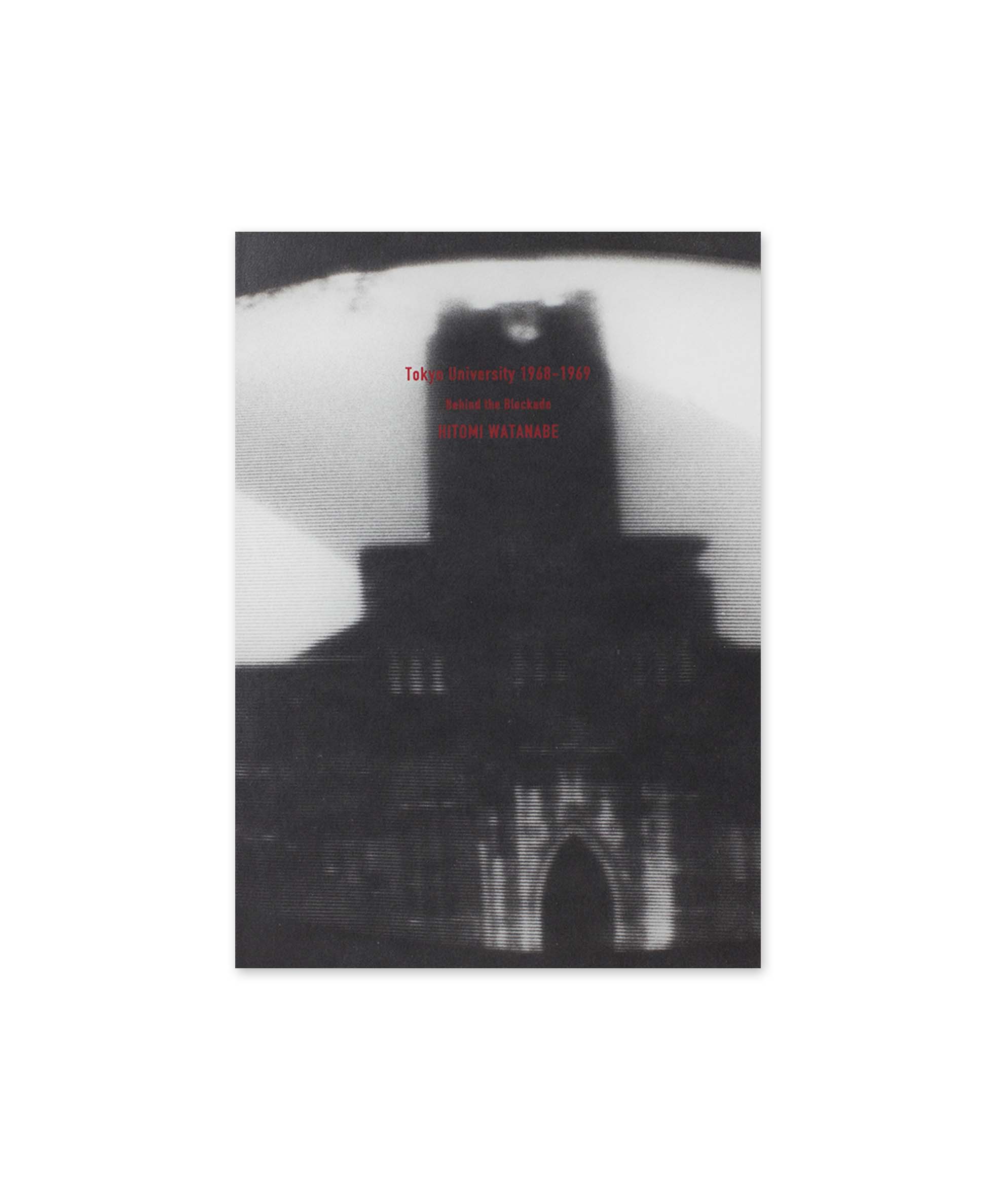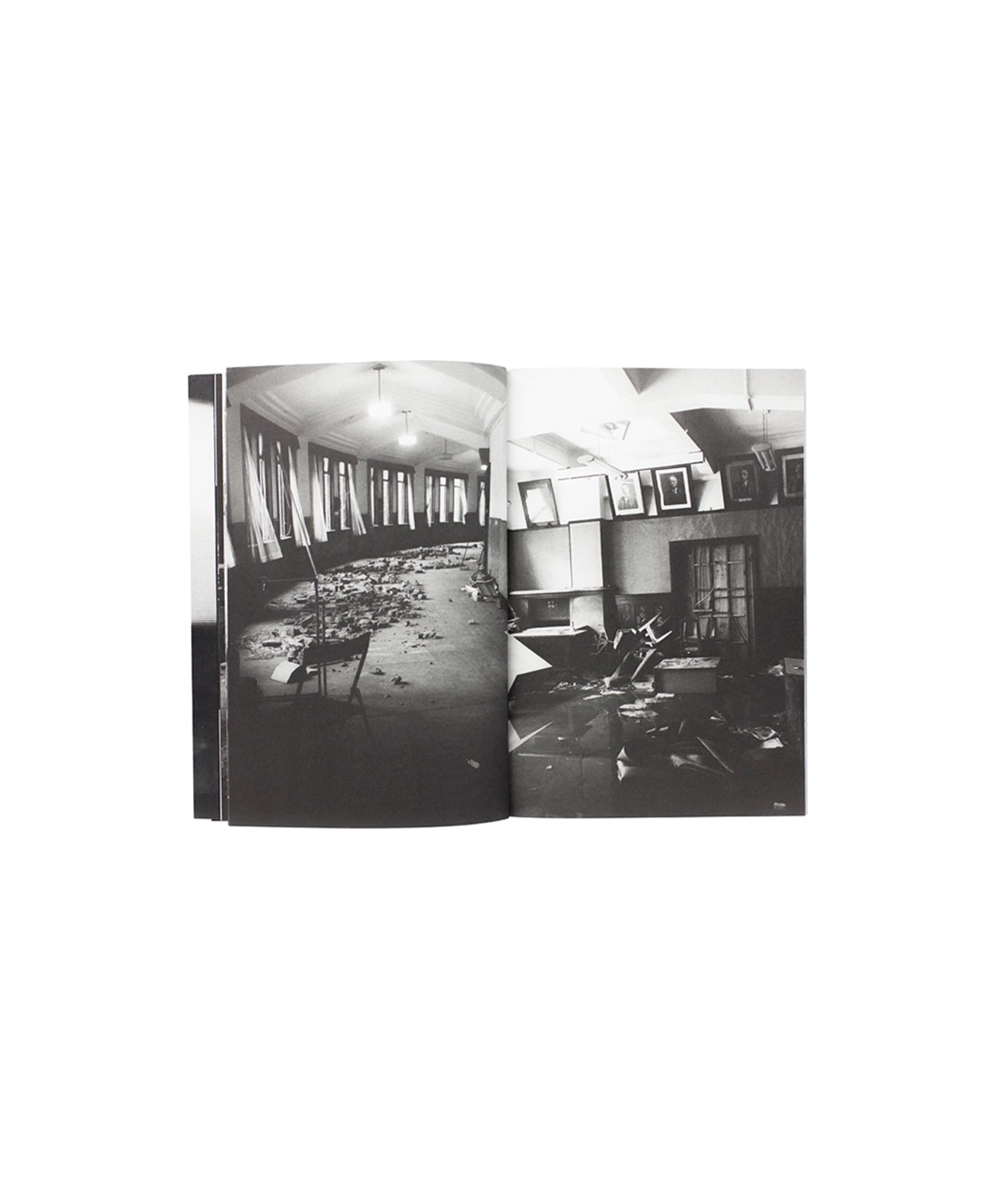Hitomi Watanabe - 1968-1969―Behind the Blockade
Pickup available at 1 rue des Minimes
– Default Title
-
1 rue des Minimes
09709759181 Rue des Minimes
75003 Paris
France
Hitomi Watanabe
1968-1969―Behind the Blockade
Published by Zen Photo Gallery, 2015
Size: 25.7 x 17.8 cm
48 Pages - 38 images
Softcover
Languages: Japanese, English
Limited Edition 500 copies.
Hitomi Watanabe's Tokyo University 1968–1968―Behind the Blockade documents the student protests held at Tokyo University in 1968–1969. From clashes with riot police to discussions with students, the photographs vividly capture life within the university walls, where routine and riotous activity unfolded amid the international anti-war movement.
1968 was a year of instability—with the prolonged Vietnam War, student protests in Paris, and the repression of Czechoslovakia by countries shaken by the Prague Spring. America saw the assassinations of Martin Luther King and Robert Kennedy. On the other hand, the Apollo mission landed on the moon the following year.
1968 was also the year I began photography. I wandered around downtown Shinjuku with a camera, capturing people and anything that caught my eye. One evening, I came across a crowd causing a great commotion in Shinjuku. I learned that it was an international anti-war demonstration. Before that, the Vietnam War had seemed to me simply a piece of news transmitted by the media, but I felt its reality after joining the demonstration. As the riot police's spotlight shone on the helmets of the students in the boisterous crowd, their figures trembled violently. Student power in Japan had become a powerful wave of struggle against society.
Around that time, I entered the Hongo campus of the University of Tokyo for the first time and met Yoshitaka Yamamoto, who was then a representative of Todai Zen-kyoto. He inspired me. He was the one who made me so determined to document the Todai protests. Inside the barricades was actually an open space, which non-local students, the general public, and even high school students could access.
Forty-seven years have now passed, and some memories are fading—but the film creates a new memory. The spirit of Zen-kyoto is brought back to life.



